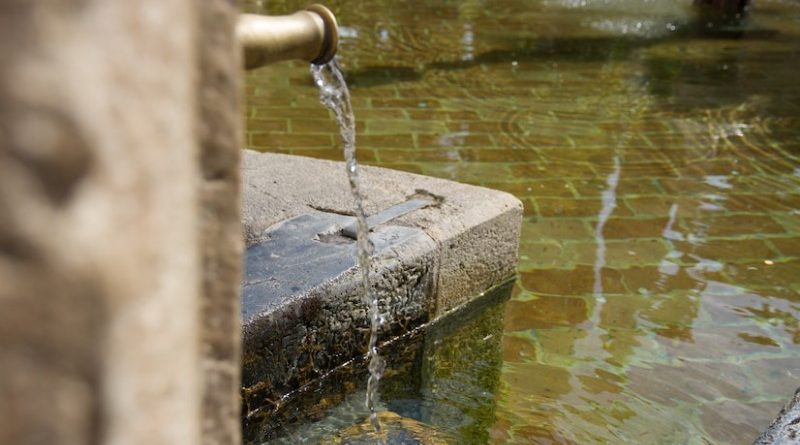Common Causes of Water Damage and How to Avoid Them
Water damage can be imperceptibly slow and minor, such as water spots on drywall or paint, or instantaneous and catastrophic, like burst pipes. The best defense is to inspect regularly for water damage.
Look for stains, mold, and spikes in your water bill—leaky hoses from appliances, such as your refrigerator and washing machine, commonly cause water loss.
Severe Weather
Water damage is near the top of the list of things that can wreak havoc on your home. Water causes many problems, from molding to discoloring walls, and can even make your building unsafe for the people living inside.
Floods, tornadoes, hurricanes, and blizzards are out of your control as a homeowner, but there are some things you can do to protect yourself from severe weather-related water damage.
For example, make sure your home has adequate flooding protection systems from Denver Restoration and that you have a flood insurance policy. In addition, install water sensors or alarms in hard-to-monitor areas such as under sinks and behind appliances to detect leaks early on. They can help save you a lot of trouble, money, and stress.
Clogged Gutters
The gutters that run along the roofline of your home are there to guide rainwater away from the house. But when they get clogged, the water has nowhere to go and may begin to cause erosion around your foundation or rot the wood in the fascia.
When leaks or floods occur, the water will immediately spread throughout your home, soaking soft furnishings and walls. Carpeting will swell, and paint and wallpaper will blister and peel.
Leaks and floods can damage personal belongings, drywall, furniture, electrical systems, and more. To avoid this, invest in water detection sensors and alarms to catch problems as they start. These are easy to install and prevent water damage from causing costly repairs. It would help to clean your gutters at least twice yearly to prevent clogs.
Leaky Pipes
A leaking pipe is one of the most common causes of water damage. Sometimes, a leak will go unnoticed for months or even years. Water damage caused by leaky pipes is costly. It damages furnishings, ruins electronics, and rots building materials. It also encourages mold growth and compromises indoor air quality.
Many leaks occur due to careless pipe joint work, such as solder joints that hold pressure initially but rust over time. Aging hoses or worn seals can also cause leaks.
The best way to avoid this type of water damage is by regularly checking the integrity of hoses and seals. In addition, it is essential to caulk any cracks in your home’s exterior. This can save you a lot of money and keep your home looking great!
Appliances
If your home’s plumbing breaks down, it will likely lead to some water damage. It’s best to find and fix plumbing problems as soon as possible before they become worse. You can monitor your plumbing by checking your monthly water bill for abnormally high totals.
Leaking appliances often go unnoticed for quite some time, leading to significant water damage. You can avoid appliance leaks by closely monitoring your refrigerator, dishwasher, and ice maker.
Water damage is a common problem for homeowners and businesses alike. Various factors can cause it, but you can prevent most of it with regular maintenance and proactive steps. For more information on preventing water damage, contact a local expert. They can help you keep your property safe from water damage for years.
Sewage
Sewage contains various bacteria, including E. Coli, Salmonella, and Leptospirosis, which cause stomach cramps, diarrhea, and liver inflammation. If sewage backs up through tubs, sinks, and toilets, immediately turn off the water and contact professionals to clear the clog. Depending on the amount of sewage, wear protective equipment like a N95 face mask, goggles, and rubber gloves. To avoid sewer backups, dispose of solid waste in trash cans and never put fats, oils, and grease down drains. Also, flushing toilet paper only and keeping tree roots away from sewer lines is crucial. Technology like water leak detection sensors and automated valve shut-off systems can help prevent damage from these problems. They can be installed in homes and businesses to preempt significant water issues.

